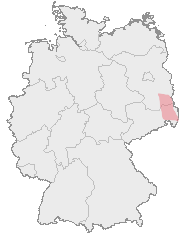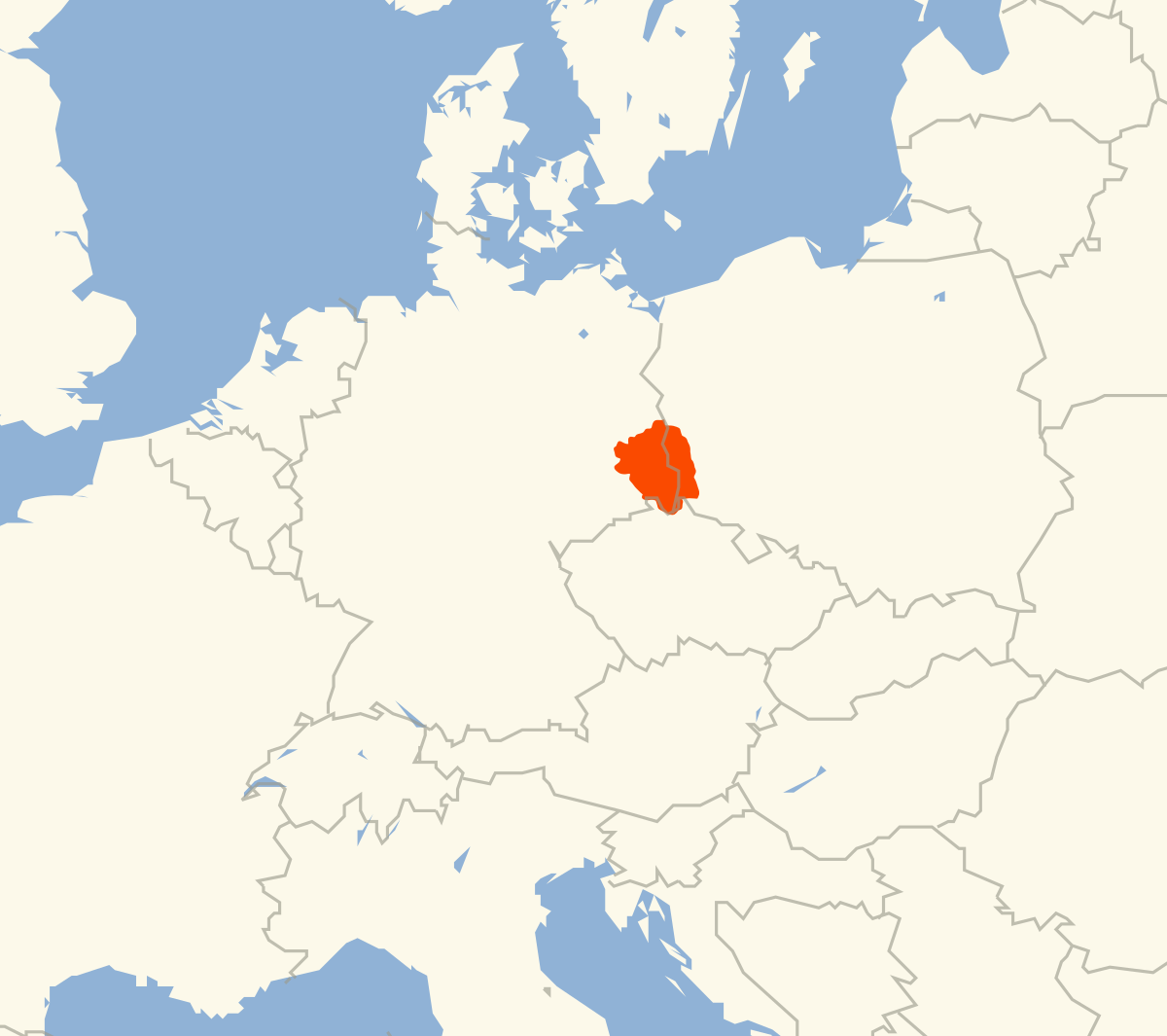
Sorbs - Wikipedia
Sorbs are West Slavic nation living in Saxony. Lower Sorbian language is quite similar to Polish, while Upper Sorbian is more similar to Czech language. In 1945 there were 145 000 Sorbs. Nowadays there is only 7 thousands of Lower Sobians and 13 thusand of Upper Sorbians - most of the Sorbs become germanised.
OTL shortly after II World War both Poland and Czechoslovakia has been struggling with shortages of manpower and workers on the areas from which Germans were expelled. Even today those territories have lesser population density than core areas of Poland and Czechia.
What if Polish, Czechoslovak and DDR communists "had asked" Soviets to resettle Sorbs into Czechoslovakia and Poland? By that more Germans could be ressetled into DDR instead of BRD.
Could bohemisation (czechisation?) and polonisation of Sorbs possible?



